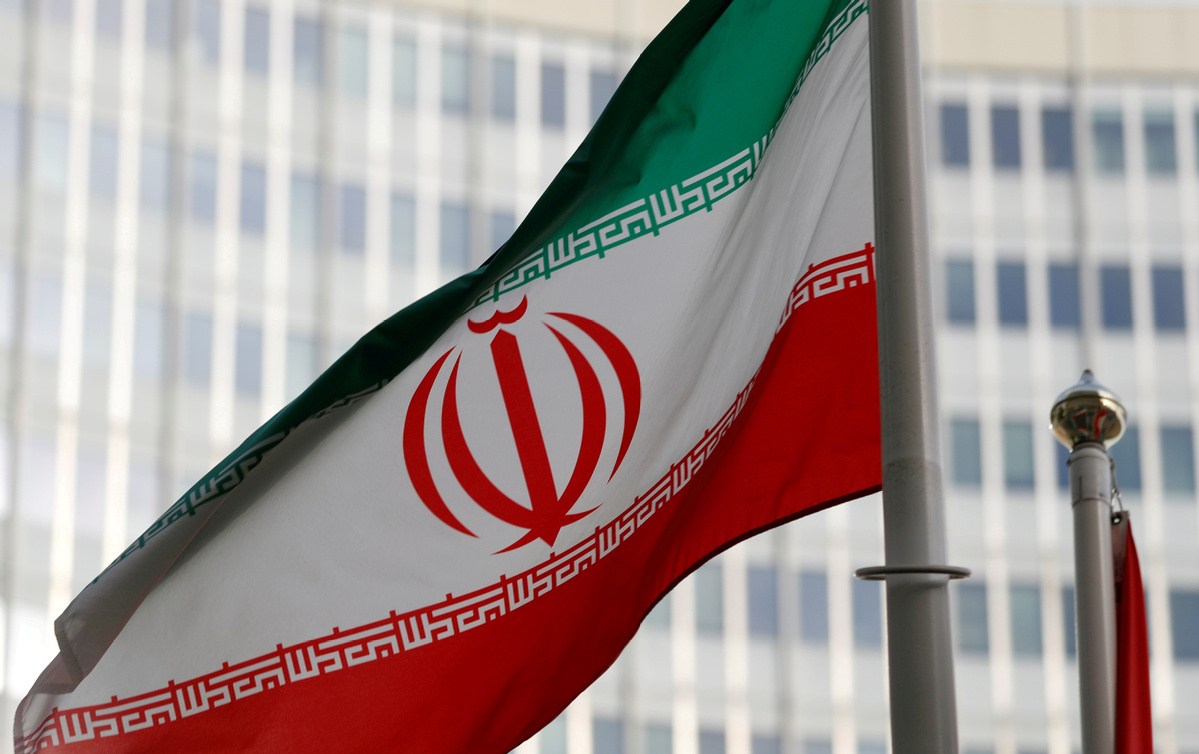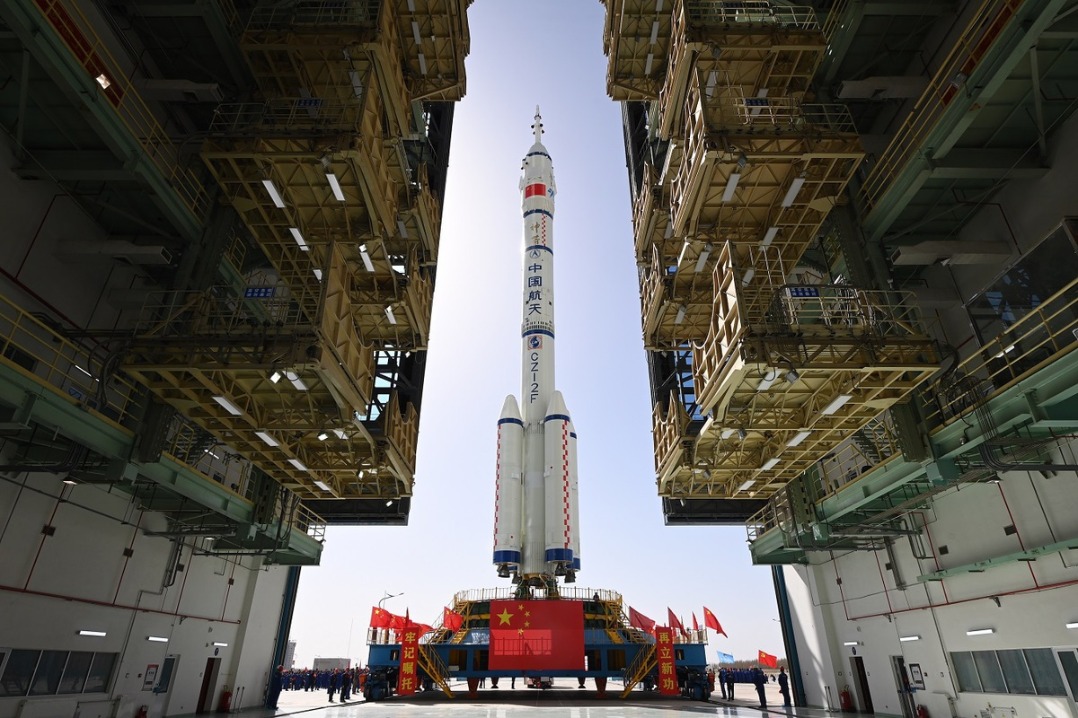Biden has to act to save Iran deal: China Daily editorial
chinadaily.com.cn | Updated: 2021-03-01 20:31

It is certainly a pity that Teheran rejected the European Union's proposal of an informal meeting with the other five parties to the 2015 Iran nuclear deal, with the United States to attend as a guest.
The earlier Teheran and Washington re-engage directly under the Joint Comprehensive Plan of Action, the better. Neither party can afford leaving a security concern of such immensity and damaging potential unattended indefinitely.
Although it would be unrealistic to expect the knot of complexities to be untied overnight, given the fact that neither Teheran nor Washington has shown any intention to slam the door shut to further engagement, it is more advisable to take Iran's statement as an invitation for the US to act. Or the prelude to a new, perhaps protracted, diplomatic process.
It is not that Teheran doesn't want to meet. Now is "appropriate" for such a meeting, Iran's Foreign Ministry spokesman said. The Iranian official also talked about a return to the commitments of the deal.
While expressing US disappointment, a White House spokesperson stated readiness "to reengage in meaningful diplomacy to achieve a mutual return".
It seems the sticking point is who should move first. The Biden administration has made no secret of its determination to rejoin the 2015 deal, both as part of its efforts to clean up the toxic legacy of the Trump administration and to mend fences with its allies and reinstate multilateralism.
In an impressive gesture of goodwill, the new US administration has eased restrictions on the movements of Iranian diplomats to the UN, rescinded from the United Nations Security Council a Trump-era request for restoring all UN sanctions on the ground that Iran was "in significant breach" of the nuclear deal, and reversed a number of Trump moves against Iran-backed rebels in Yemen.
But the US president himself has on multiple occasions reiterated that his country's return to the deal is contingent on Iran restoring full compliance with the accord. Iran, however, wants the US to end its "illegal" and unilateral sanctions and fulfill its deal commitments before returning to the talks.
If both sides insist the other make the first move, there will simply be no way to break the apparent diplomatic impasse. But considering their obvious interest in salvaging the damaged deal, both would benefit by demonstrating additional flexibility.
Since it was the previous US administration that withdrew from the hard-negotiated agreement, and provoked and escalated tensions with its "maximum pressure" strategy, which is to a great extent responsible for the gridlock, it would be more desirable for Washington to make a difference by taking the initiative.























